‘AU lacks mechanisms to govern EU’s export of toxic pesticides’
The African Union (AU) does not provide any mechanisms to govern the European Union’s export of toxic pesticides to the continent that are killing the people and have detrimental environmental impacts, a researcher has said.
Edward Wanyonyi, a disaster risk reduction researcher, based in Nairobi, told Press TV’s weekly show Africa Today that if the AU takes a collective position against the EU the practice will size to continue.
“What is lacking is an African Union mechanism that can be able to collectively deal with this issue and ensure that member states are actually working towards a common position, have common enforcement and deterrent measures,” he said.
Public Eye, a Swiss NGO has recently revealed that in the second half of last year, European companies issued notifications for the export of more than 380 tons of banned chlorpyrifos insecticides.
The same companies plan to ship similar amounts this year. The destination of these deadly European pesticides is mostly in Africa and some other low- or middle-income countries.
The report said that decade-long research suggests that chlorpyrifos exposure harms young children and babies in the womb.
It added that studies have linked pre-birth exposure to the chemical to developmental delays, autism, and reduction in IQ.
In early March, at ACP-EU Joint Parliamentary Assembly between the European Union and the African Caribbean and Pacific in Brussels, speakers accused EU countries of double standards by exporting to Africa toxic pesticides, which are banned in the European Union.
Wanyonyi slammed the international community for failing to take a firm stance against sending such hazardous waste to African countries.
“It is a failure of the international community for allowing such double standards because the same is not common in places like Asia or the Middle East,” he said.
He also blamed the issue on the fact that African countries are not able to negotiate such issues on an international level and also their inability to police and patrol their lands to prevent the export of such hazardous pesticides.
He urged parliamentarians to raise these issues at the Inter-Parliamentary Union (IPU) to build widespread consensus and advocacy to stop the EU.
“Parliament members can also prepare a raft of measures to strengthen the levels of deterrence and ban of these substances so that they cannot be exported to the African countries,” he added.
Raising international attention to the issue can help to adopt a collective position, Wanyonyi said.
“Rather than complaining at a local level, we should be able to raise this issue at the UN Security Council and the General Assembly so that there is a collective position taken by other countries against the issue,” he added.
He said that the EU’s unaccountability is due to the lack of international support.
“There has to be some level of advocacy to hold the EU accountable and whether that will be done by EU engagements at the level of the EU Parliament or whether it will be done by any other international actor, including the media, that should happen so that the EU can be called to order,” he concluded.
Mohammad Bakri, Palestinian director who exposed Jenin massacre, dies at 72
Iran president offers Christmas, New Year greetings to Pope
‘Normalization not in Iraq’s lexicon’: PM Sudani vehemently rejects ties with Israel
Hamas releases Al-Aqsa Flood narrative, says Palestinian resistance ‘cannot be erased’
VIDEO | Press TV's news headlines
Israel targeted radiopharmaceutical facility in first attack on Isfahan: Iran nuclear chief
Israel carries out new strikes across Gaza in latest ceasefire breach
New maps show Israel seized 10% more territory than Gaza’s ‘yellow line’


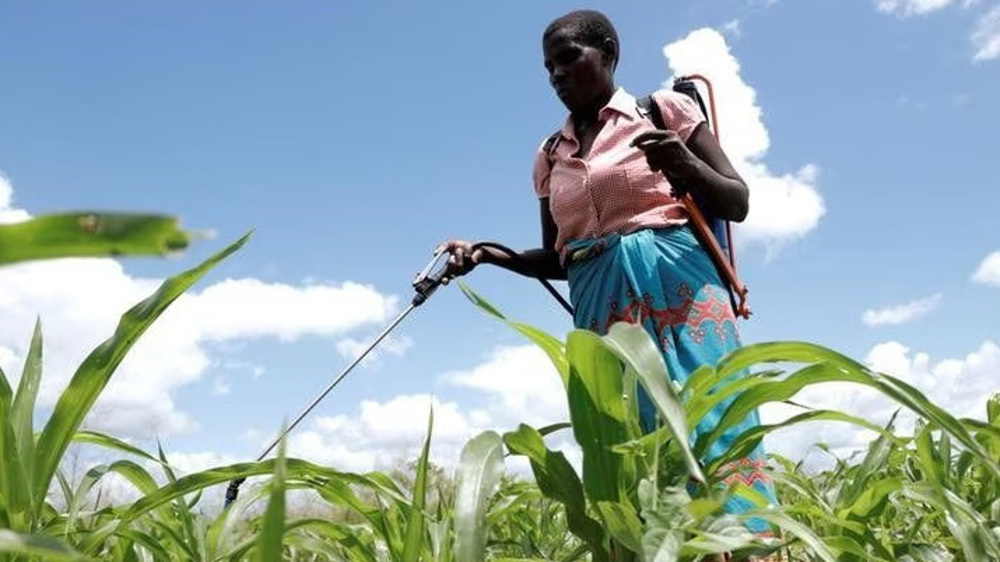
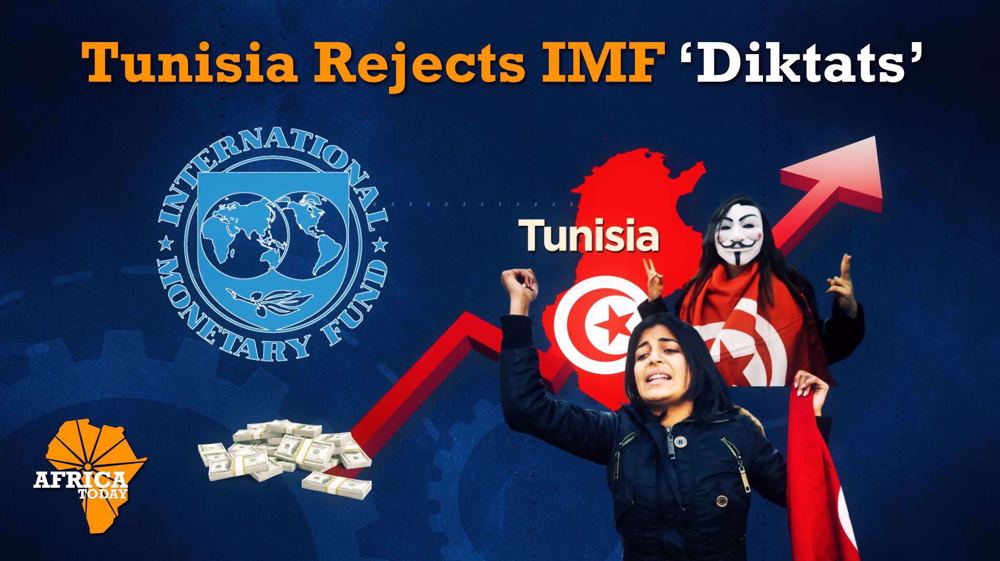

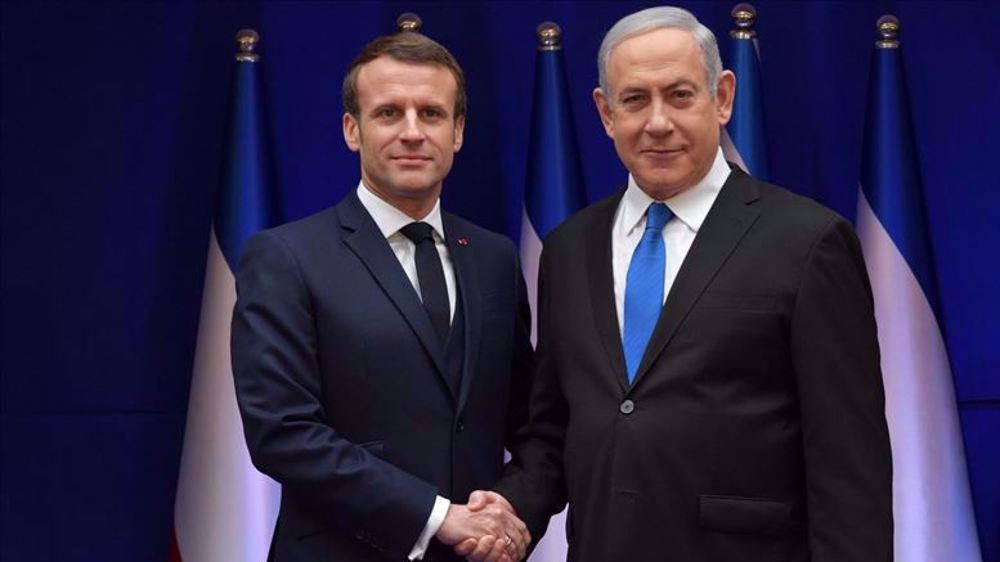





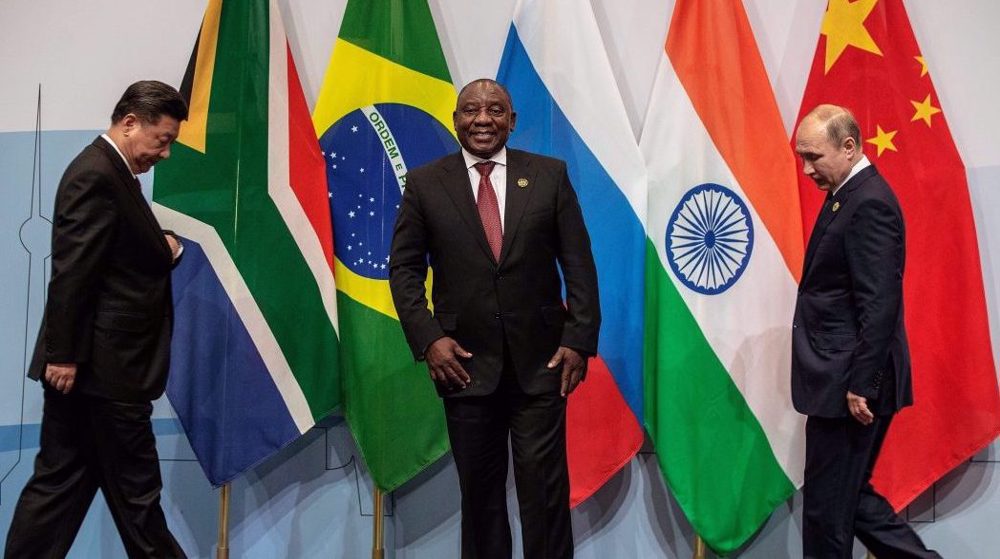
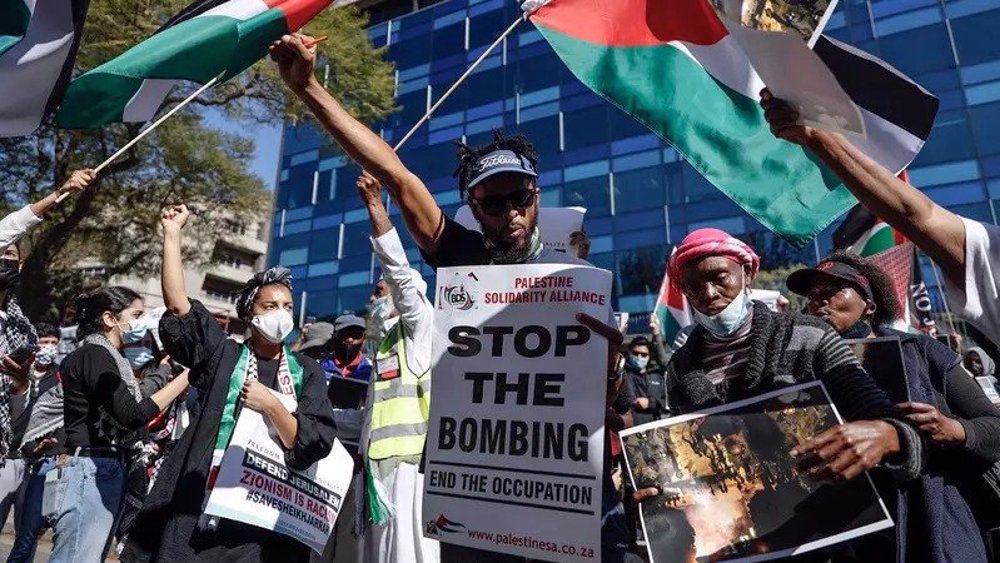
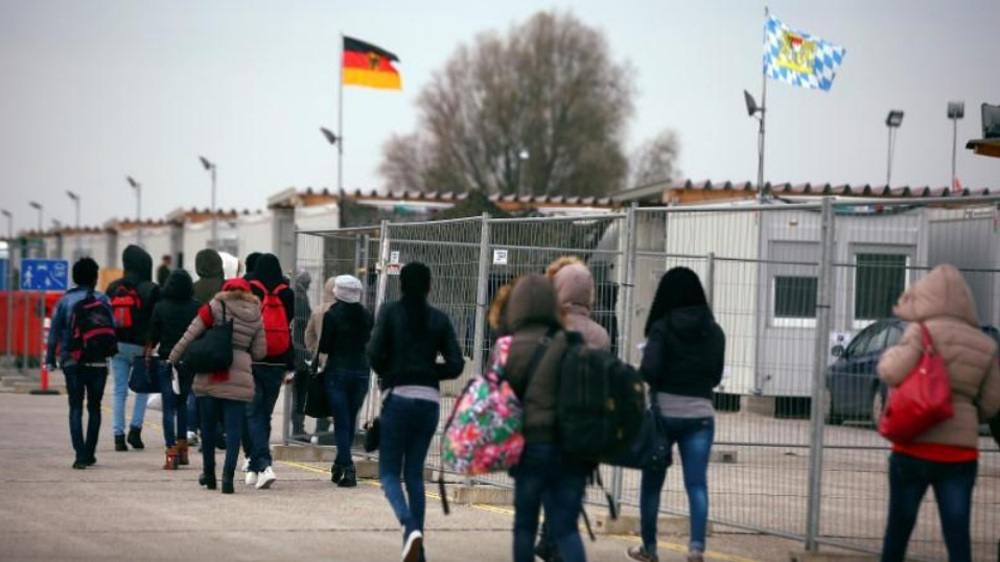


 This makes it easy to access the Press TV website
This makes it easy to access the Press TV website